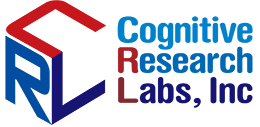Cognitive Research Laboratories, Inc. (Headquarters: Minato-ku, Tokyo; CEO: Hideto Tomabechi) is proud to announce its sponsorship of the hacking contest picoCTF2021, developed by Carnegie Mellon University, which ranks number one globally in cybersecurity and AI. This contest will take place in March 2021 and will feature the first-ever team awards for Japanese participants.

As cybersecurity threats have become increasingly sophisticated, the demand for skilled cybersecurity professionals has surged. By participating in picoCTF, students will be able to engage with challenges designed by world-class hackers, gaining practical cybersecurity skills in a game-like environment. The contest, running from March 16 to 30, is open to a wide range of students, from those with programming experience looking to test their skills, to beginners eager to learn about hacking. Both individuals and teams from school clubs or programming classes are welcome to participate.
By expanding the reach of this contest domestically, Cognitive Research Laboratories aims to increase the number of skilled cybersecurity professionals among Japan’s youth.
Note: This initiative is part of a joint research effort with the University of Tokyo.
Twitter: @japanCTF
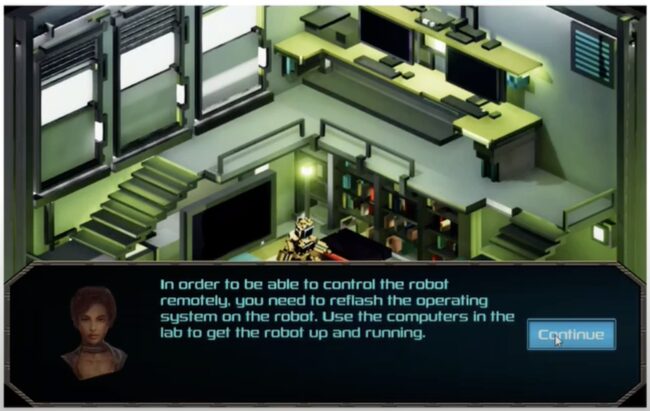
Rising Cyber Threats and the Need for Advanced Security Talent: The Role of Hacking Contests
With the escalation of cyber threats, including military cyber-terrorism, cryptocurrency cybercrimes, and hacking of government agencies, the importance of cybersecurity has never been more critical. The shift to remote work due to COVID-19 has further heightened these risks. In December 2020, the Ministry of Economy, Trade and Industry issued a warning to business leaders to strengthen their cybersecurity efforts. As digital transformation continues globally, addressing cyber threats and nurturing skilled professionals is imperative.
Concerns about cybersecurity have long been recognized. A 2016 report by the Ministry of Economy, Trade and Industry highlighted the crucial role of IT professionals skilled in big data, AI, and information security for market growth. Various initiatives for nurturing security talent have been implemented, including the Ministry of Defense’s announcement of a cyber contest to identify such talent in January this year.
In this context, Capture-the-Flag (CTF) contests have gained attention for their role in identifying and training cybersecurity professionals. CTF, or hacking contests, involve participants using their computer science knowledge and skills to solve challenges such as reverse engineering and network analysis to find hidden flags within systems. CTF competitions are now a global method for teaching both cyber defense and offense.
Carnegie Mellon University: Leading the World in Cybersecurity Education with picoCTF
Carnegie Mellon University, ranked number one globally in cybersecurity and AI by U.S. News & World Report, developed picoCTF through its CyLab Security and Privacy Institute. Since 2013, this contest has used gamification to teach cybersecurity skills to middle and high school students. Participants tackle challenges created by top-tier hackers, allowing them to learn security techniques in an engaging and memorable way.
“CognitiveHack Japan” – Introducing Various Team Awards for Japanese Participants
Cognitive Research Laboratories has signed a sponsorship agreement for the domestic expansion of picoCTF in Japan. For the 2021 contest, we are introducing the “CognitiveHack Japan Awards” to recognize the top teams from Japan.
CognitiveHack Japan Awards
Team Awards: For the top scoring teams
1st place: ¥200,000 + bonus
2nd place: ¥50,000
3rd place: ¥30,000
School Award: For the school with the highest total team score
¥50,000
Middle School Award: For the top scoring middle school team
¥50,000
Women’s Award: For the top scoring all-female team
¥50,000 + bonus
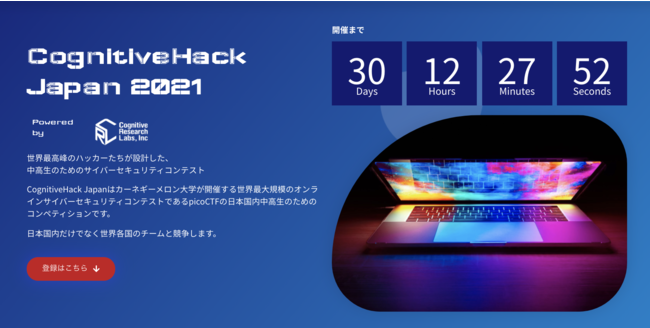
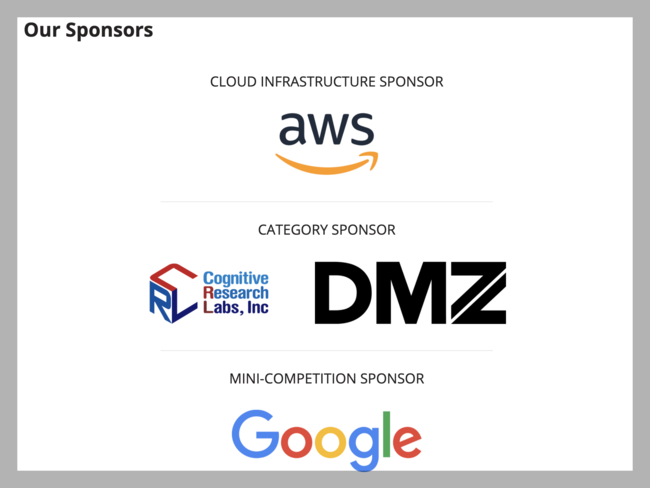
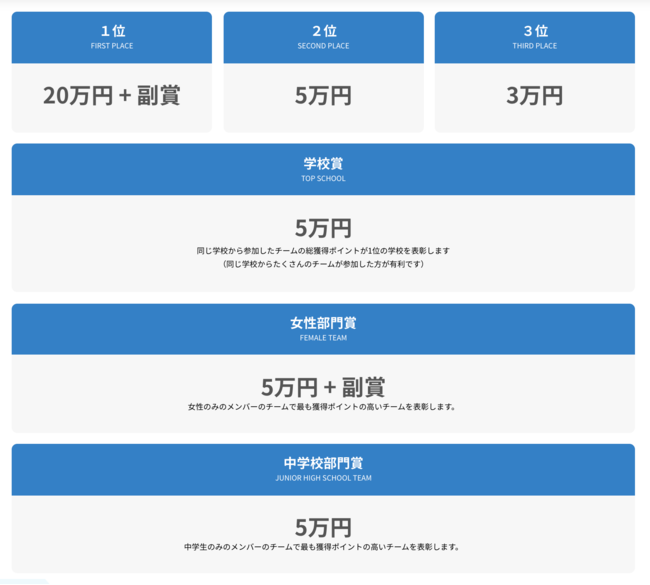
Participation Guidelines
Students interested in participating should register their teams on the CognitiveHack Japan website and create individual accounts on the picoCTF-CMU Cybersecurity Competition website to complete the contest challenges.
CognitiveHack Japan: https://cognitivehack-jp.cognitivectf.com/
Register team information and members.
picoCTF-CMU Cybersecurity Competition: https://picoctf.org/
Create individual accounts and complete contest challenges.
Eligibility
・Participants must be enrolled in a Japanese middle school, high school, or technical college (1st to 3rd year) as of March 2021. Recent graduates are also eligible.
・Teams can consist of 1 to 5 members, and they do not need to be from the same school.
・Participation is free.
・University students and professionals are welcome to participate, but are not eligible for awards.
Contest Schedule
・CognitiveHack Japan Registration: February 15, 2021 (JST)
・picoCTF Registration: February 16, 2021 (EST)
・Contest Period: March 16-30, 2021 (EST)
For the latest updates, follow our Twitter account (@japanCTF).
Company Overview: Cognitive Research Laboratories, Inc.
Cognitive Research Laboratories, Inc. was founded in 1988 as one of Japan’s few basic research institutes dedicated to cognitive science and cognitive computing. Our mission is to conduct true foundational research and develop platforms to shape society 50 years into the future.
Website: https://www.crl.co.jp/
Wantedly Page: https://www.wantedly.com/companies/crl
We are also recruiting engineers. If you are interested, please contact us.
For Inquiries Regarding This Release:
Cognitive Research Labs, Inc. https://www.crl.co.jp/
Contact: Shiota
Email: info@crl.co.jp
